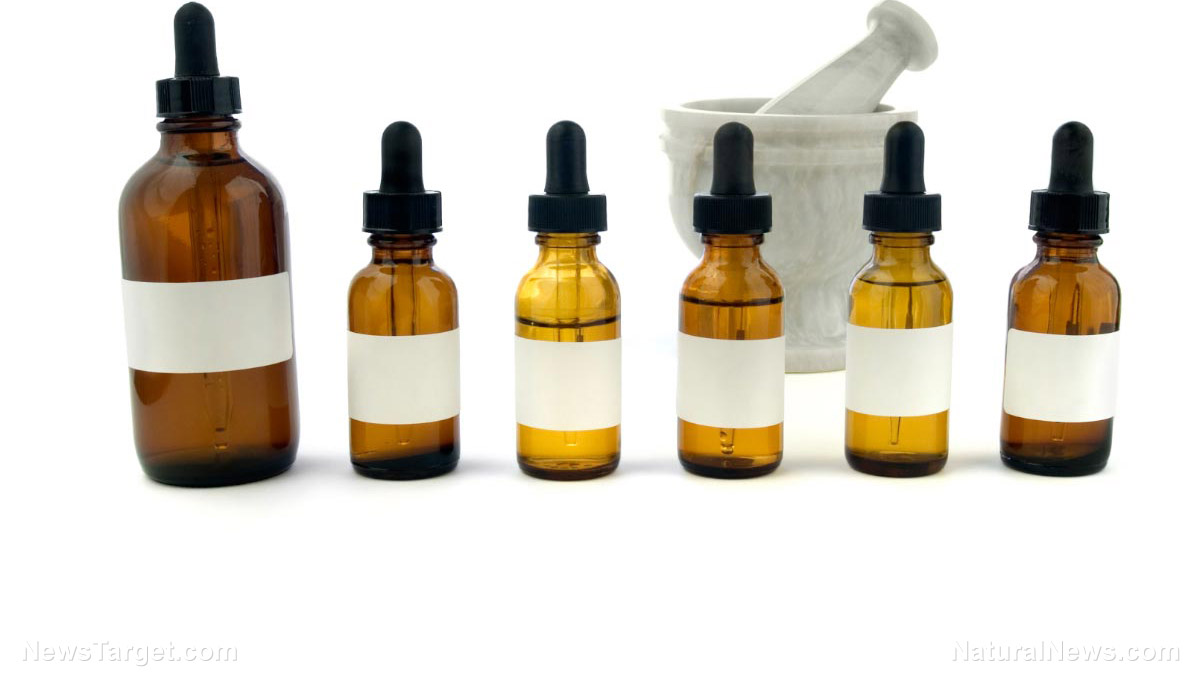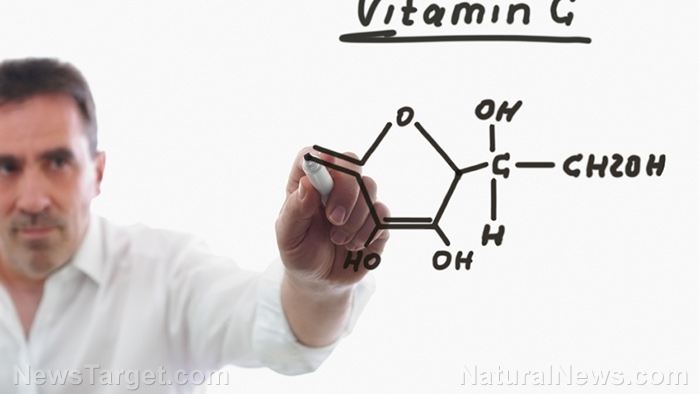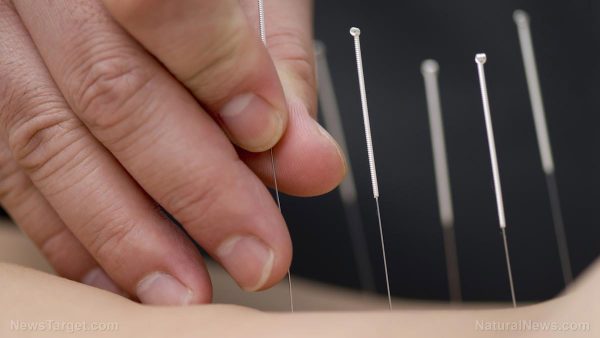06/25/2018 / By RJ Jhonson
Your risk of developing heart disease is exacerbated by eating fatty foods and engaging in unhealthy habits, but having an overabundance of homocysteine doesn’t help either. The evidence is strong that this amino acid increases your likelihood of contracting heart disease.
In the 1960s, pathologist Kilmer McCully encountered two children with advanced atherosclerosis, a disease that doesn’t normally develop until someone is at least older than 40. But age was not the strangest detail about the kids or their condition.
While they did have the plaque that characterizes atherosclerosis, the buildup did not have lipids. Normally, the disease occurs when lipids accumulate along the walls of blood vessels and harden into plaque. The children’s condition, therefore, was likely not caused by excessive fat.
McCully discovered that the two children had something in common. They both had homocystinuria, a condition that causes errors in the metabolism of the essential amino acid methionine. The result is the accumulation of homocysteine in the blood. McCully concluded that elevated levels of homocysteine could lead to plaque buildup and the development of atherosclerosis.
The link between homocysteine and cardiovascular disease had been the subject of past studies. But while most of them agree with McCully’s hypothesis, their results and estimates vary, preventing the formation of any comprehensive conclusion.
What is homocysteine?
The amino acid homocysteine is a product of the breakdown of protein. Not only has it been linked to the formation of plaques leading to atherosclerosis, it is also thought to act on platelets and contribute to the creation of clots. Blood clots aren’t always a good thing; they may lead to serious conditions like stroke, embolism, and thrombosis, among others. In many instances, these conditions are deadly.
Your homocysteine levels may rise when your body breaks down protein during metabolism. This is because the essential amino acid methionine, responsible for supplying crucial methyl groups needed for cellular function, gets converted into homocysteine after having performed its role.
If you want to lower your homocysteine levels, consuming a diet rich in folic acid will help. Folate, also known as vitamin B9, supplies the methyl group needed to reverting homocysteine back to harmless methionine.
Where can you get your vitamin B?
Vitamin B is among the easiest vitamins to find because it is available in a wide variety of food sources, including meat products. However, considering the risks of eating meat to your health – red meat is a known risk factor for cardiovascular diseases, for one – it might be safer to stick to vegetarian sources.
- Dark leafy greens – Collared greens, spinach, kale, and lettuce, among others, are infamous for being very rich in nutrients. A large serving of these vegetables can supply a significant percentage of your daily folate needs.
- Seeds and nuts – Most of the items in this group can be called superfoods because of the amount of variety of nutrients they pack despite their size. Pumpkin, sesame, and sunflower seeds, as well as almonds and peanuts, are rich sources of folic acid.
- Legumes – Whether you have beans, peas, or lentils, you’ll be able to obtain much of your daily folate needs from legumes. Lentils, pinto beans, garbanzo beans, split peas, and green peas are especially excellent sources of vitamin B9.
- Avocados – Besides folate, avocados contain good fats, dietary fiber, and a host of other essential vitamins and minerals.
- Okra – Its slimy texture prevents many people from getting the many health benefits that okras offer. Aside from vitamin B9, this gumbo staple also contains a generous amount of other vitamins and minerals and helps in cleansing your digestive tract.
Learn of natural methods to care for your heart at HeartDisease.news.
Sources include:
Bandolier.org.uk
DrWeil.com
GlobalHealingCenter.com





















